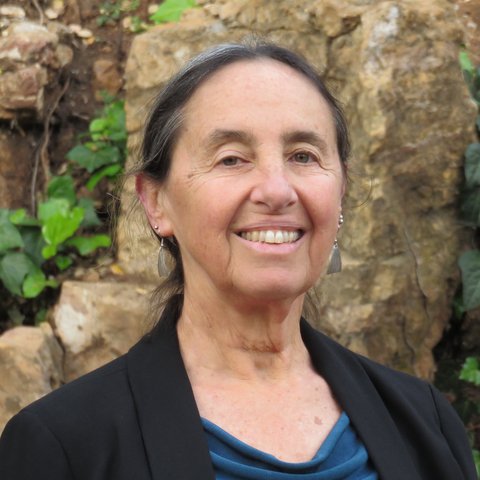
In the News
USA Today: Meeting Critical Needs of Older Adults and Other Vulnerable Populations During Extreme Heat Events
-
Focus Areas
Environmental Health -
Issues
Climate Change, Wildfires & Extreme Heat -
Programs
Center for Climate Change and Health

“Some cities and towns in the U.S. are enlisting volunteers, or a “cool buddy,” to check in on at-risk neighbors –including seniors, disabled people and those without air conditioning.
In 2016, police found a 61-year-old Army veteran dead in his house after someone noticed his air conditioner was broken and his mail was piling up during a searing heat wave that broke records across Phoenix that June.
This summer in Houston, a 72-year-old woman was found unresponsive in her car as the temperature approached 100 degrees. She died at a local hospital of hyperthermia, or an abnormally high body temperature.
Every summer, heat records are being shattered in the United States, where heat waves, now increasingly common, claim more lives than any other natural disaster. And older people are disproportionately affected.
Across the country, buddy programs are cropping up to address the problem. In big cities such as Philadelphia and in rural communities such as Twentynine Palms in California, people are checking in on their older neighbors to make sure they have water, shade, fans or access to air conditioning and cooling centers.
In California, the state’s new Extreme Heat Action Plan calls for a widespread “cool buddy” program that would enlist volunteers to bring resources to the people most vulnerable to heat waves – including seniors, disabled people and those without air conditioning.
Research shows that building social capital, connections among people, is one of the most vital and overlooked ways to improve response and recovery during emergencies. That’s the rationale behind buddy programs.
Under its Extreme Heat Action Plan unveiled in April, California is hoping to tap Neighbor-to-Neighbor’s 5,000 volunteers to connect with vulnerable people before disaster strikes. The plan calls for mapping communities across the state, identifying those at risk for heat as well as neighbors who can help.
Similar volunteer groups have remained intact through the pandemic, leaving communities with structures for budding buddy programs.
Such networks are particularly important for seniors who may otherwise be isolated in heat emergencies. And as we age, we don’t adjust as well to temperature changes, said Linda Rudolph, director of the Center for Climate Change and Health at the nonprofit Public Health Institute.

For elderly people who are low-income or people of color, these risks are cumulative. Lower-income people are less likely to have air conditioning, or their air conditioning doesn't function, or they don't feel like they have the financial leeway to keep their air conditioners on because of electricity expenses. Those risks really compound any of these underlying individual risks.Dr. Linda Rudolph
Director, PHI’s Center for Climate Change and Health
Click on the link below to read the full article.
Originally published by USA Today
More Updates
Work With Us
You change the world. We do the rest. Explore fiscal sponsorship at PHI.
Support Us
Together, we can accelerate our response to public health’s most critical issues.
Find Employment
Begin your career at the Public Health Institute.



